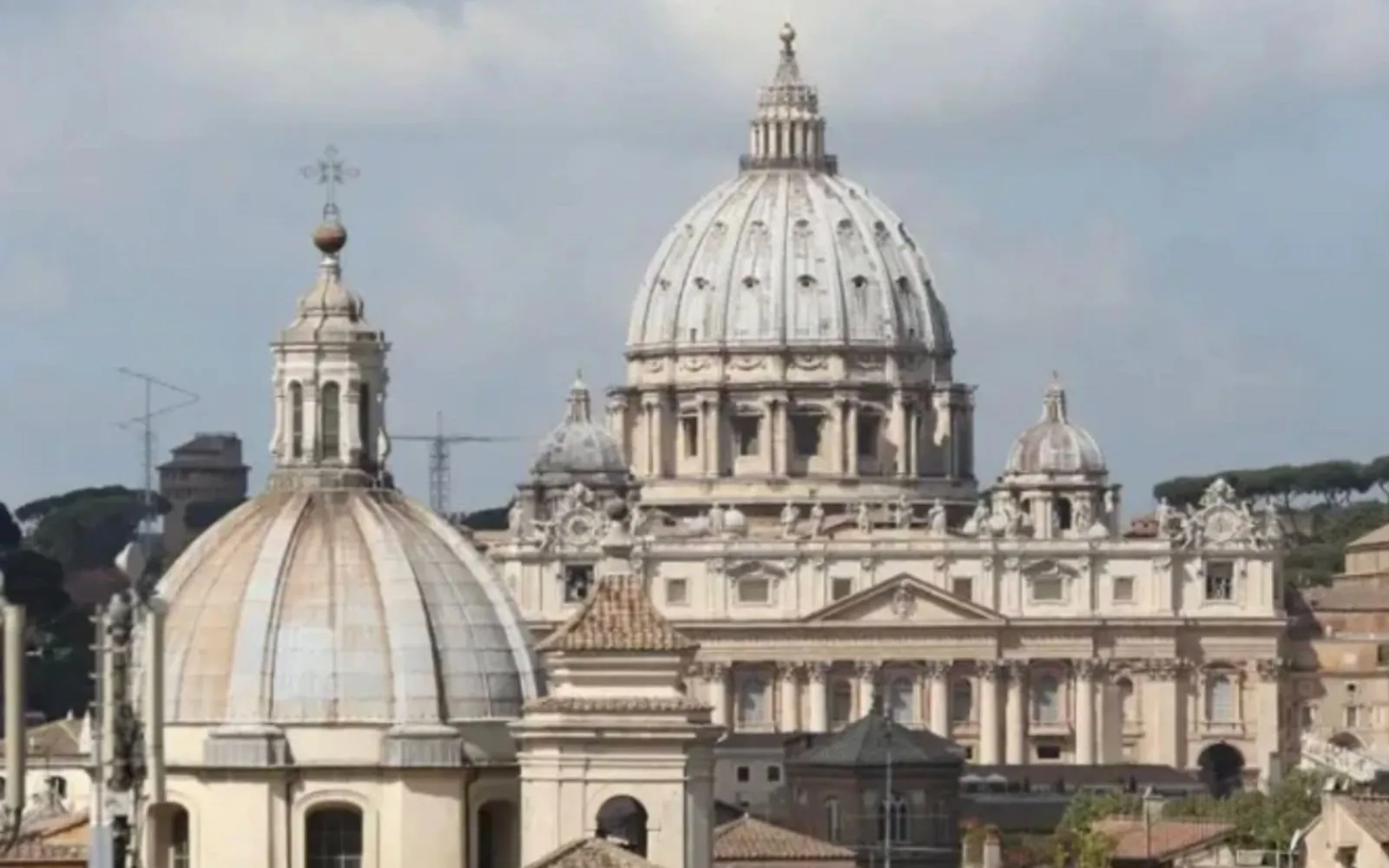Worst discrimination suffered by poor is ‘lack of spiritual care’
The pontiff cited the encyclical Evangelii Gaudium of his predecessor, Pope Francis, who stated that the worst discrimination suffered by the poor is “the lack of spiritual care.”
“This is a rule of faith and the secret of hope: All this earth’s goods, material realities, worldly pleasures, economic prosperity, however important, cannot bring happiness to our hearts,” he emphasized.
The Holy Father also reflected on the “circular relationship” that exists between the three theological virtues: faith, hope, and charity. “Hope is born of faith, which nourishes and sustains it on the foundation of charity, the mother of all virtues. All of us need charity, here and now,” he said.
Pope Leo therefore affirmed that charity is a reality that “engages us and guides our decisions toward the common good” and pointed out that “those who lack charity not only lack faith and hope; they also rob their neighbors of hope.”
(Story continues below)
Referring specifically to the Christian hope that the Word of God proclaims, he noted that it is a “certainty at every step of life’s journey” because it does not depend on human strength “but on the promise of God, who is always faithful.”
For this reason, he said that Christians, from the beginning, have sought to identify hope with the symbol of the anchor, which provides stability and security. “Amid life’s trials, our hope is inspired by the firm and reassuring certainty of God’s love, poured into our hearts by the Holy Spirit. That hope does not disappoint,” he reiterated.
Charity is the greatest social commandment of the Church
Therefore, Leo emphasized that the biblical summons to hope entails “the duty to shoulder our responsibilities in history, without hesitation,” noting that “charity, in fact, is the greatest social commandment,” as stated in No. 1889 of the Catechism of the Catholic Church.
The pontiff explained that “poverty has structural causes that must be addressed and eliminated. In the meantime, each of us is called to offer new signs of hope that will bear witness to Christian charity, just as many saints have done over the centuries.”
For the pope, hospitals and schools are institutions created to reach out to the most vulnerable and marginalized, and they “should be part of every country’s public policy.” However, he lamented that “wars and inequalities often prevent this from happening.”
He also highlighted as concrete examples of hope “group homes, communities for minors, centers for listening and acceptance, soup kitchens, homeless shelters, and schools for low-income students.”
And, he added: “How many of these quiet signs of hope often go unnoticed and yet are so important for setting aside our indifference and inspiring others to become involved in various forms of volunteer work!”
Finally, he called for promoting the development of policies to combat “forms of poverty both old and new, as well as implementing new initiatives to support and assist the poorest of the poor.”
“Labor, education, housing, and health are the foundations of a security that will never be attained by the use of arms. I express my appreciation for those initiatives that already exist, and for the efforts demonstrated daily on the international level by great numbers of men and women of goodwill,” he said.
This story was first published by ACI Prensa, CNA’s Spanish-language news partner. It has been translated and adapted by CNA.
As a journalist, Victoria Cardiel has specialized in social and religious news. Since 2013, she has covered the Vatican for various media outlets, including Europa Press and Alfa and Omega, the weekly newspaper of the Archdiocese of Madrid.








